
Creating a Learning Culture
Strategy, Technology, and Practice
Read or listen offline
Amazon KindleRecommendation
This collection of essays would make the perfect gift for that friend who loves nothing more than to curl up with a human resources manual. The fruit of a colloquium held at the University of Virginia’s Darden Graduate School of Business Administration in 2002, it brings together a wide range of contributors, spanning the spectrum from A to P - from academics who write about learning to practitioners who implement learning programs in corporations. The quality of the essays is uneven. Some of them are so chock-full of jargon that they could only make sense to a knowledge management consultant. Others are clear enough to be practical, at least in the hands of an insider. While the theoretical and abstract dominate the discussion, a couple of real-life case studies by actual executives bring the book down to earth. getAbstract.com recommends this compendium to practitioners in its field. They will particularly love the stimulating reflections of an Australian-born CEO who unabashedly professes his admiration for the great white shark and expresses the fond wish that his employees would approach learning in the spirit of great whites in a feeding frenzy.
Summary
About the Authors
Marcia L. Connor is managing director of Ageless Learner, a think tank and advisory service. She is the author of Learn More Now: 10 Simple Steps to Learning Better, Smarter and Faster. James G. Clawson is a professor at the University of Virginia’s Darden Graduate School of Business Administration. He is the author of Level Three Leadership.









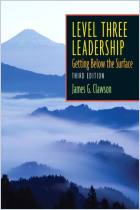
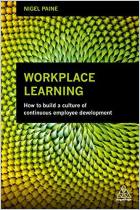
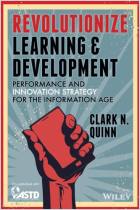
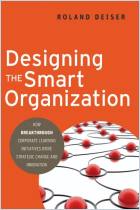
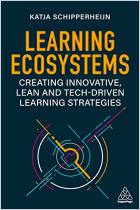
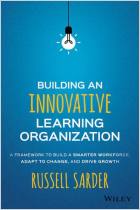
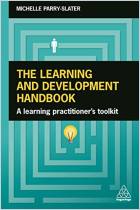





Comment on this summary or Начать обсуждение